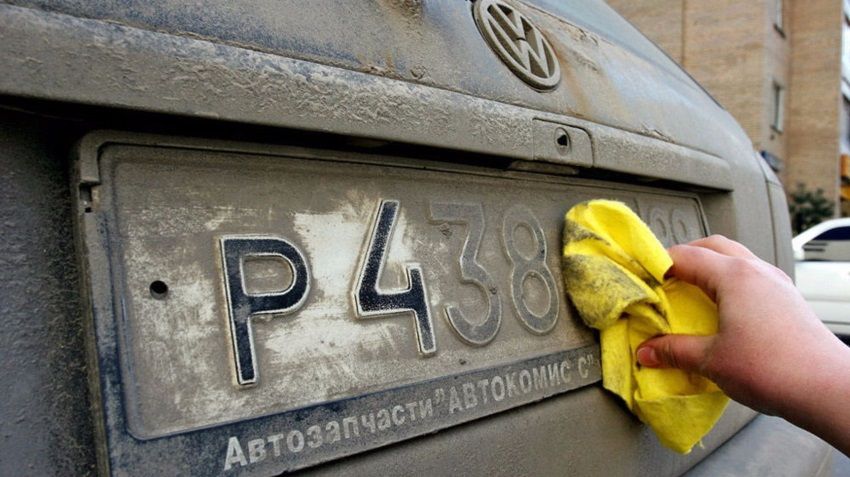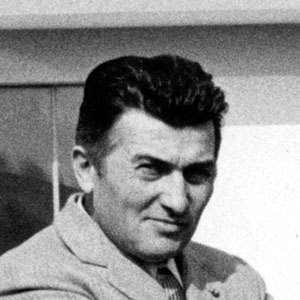The Supreme court ruled to deprive the rights for dirty rooms

25 December 2018
But the cleanliness of the rooms is better to follow
motorists Sometimes disputes with the traffic police reach not just to the court but to the Supreme court. It happened in the case of a driver Gvozdev, who was stopped by traffic police on Moscow's Leninsky Prospekt in Moscow on 12 November 2016. The weather was in Noyabrsky rainy, so the number of his car pretty sucidal mud. The inspector drew attention to this mistake and made the Protocol under part 2 of article 12.2 of the administrative code.
That sounds like this article: "drive a vehicle without state registration plates, as well as driving a vehicle without established on the designated places of state license plates or driving a vehicle with state registration signs, modified or equipped with the use of devices or materials that may impede the identification of the state registration signs or allowing them to modify or hide".
According to this article punishment in the form of a fine in the amount of 5 000 rubles or deprivation of the right of management by vehicles for the term from one to three months.
But the problem is that a dirty room can not be brought under this article. Mud and snow Gosznak stained themselves: good, this is good for the autumn Russian roads enough. So the driver did not agree with the Protocol.
Surprisingly, the world, the appeal and cassation courts in this seemingly ridiculous case sided with the traffic police. In other words, they acknowledged that the ice room is under the wording "equipment registration plates materials that prevent their identification". Moreover, the Deputy of the court of cassation came to the conclusion that the sign of the car were closed with snow supposedly with the use of special tools that hold a natural material. Any evidence that was not presented.
fortunately, though, the Supreme court reversed the decision. He quashed the decisions of all lower courts. In the end, motorists were not fined, but he spent a year lounging around in the courts. One can only imagine how much time and nerves he spent.
the Problem is that some unscrupulous traffic police load extra work for the courts. Some judges, for whatever unknown reasons, don't know about the existence of explanations of the Plenum of the Supreme court, existing in similar cases.
|
|
|
Element was not found.








